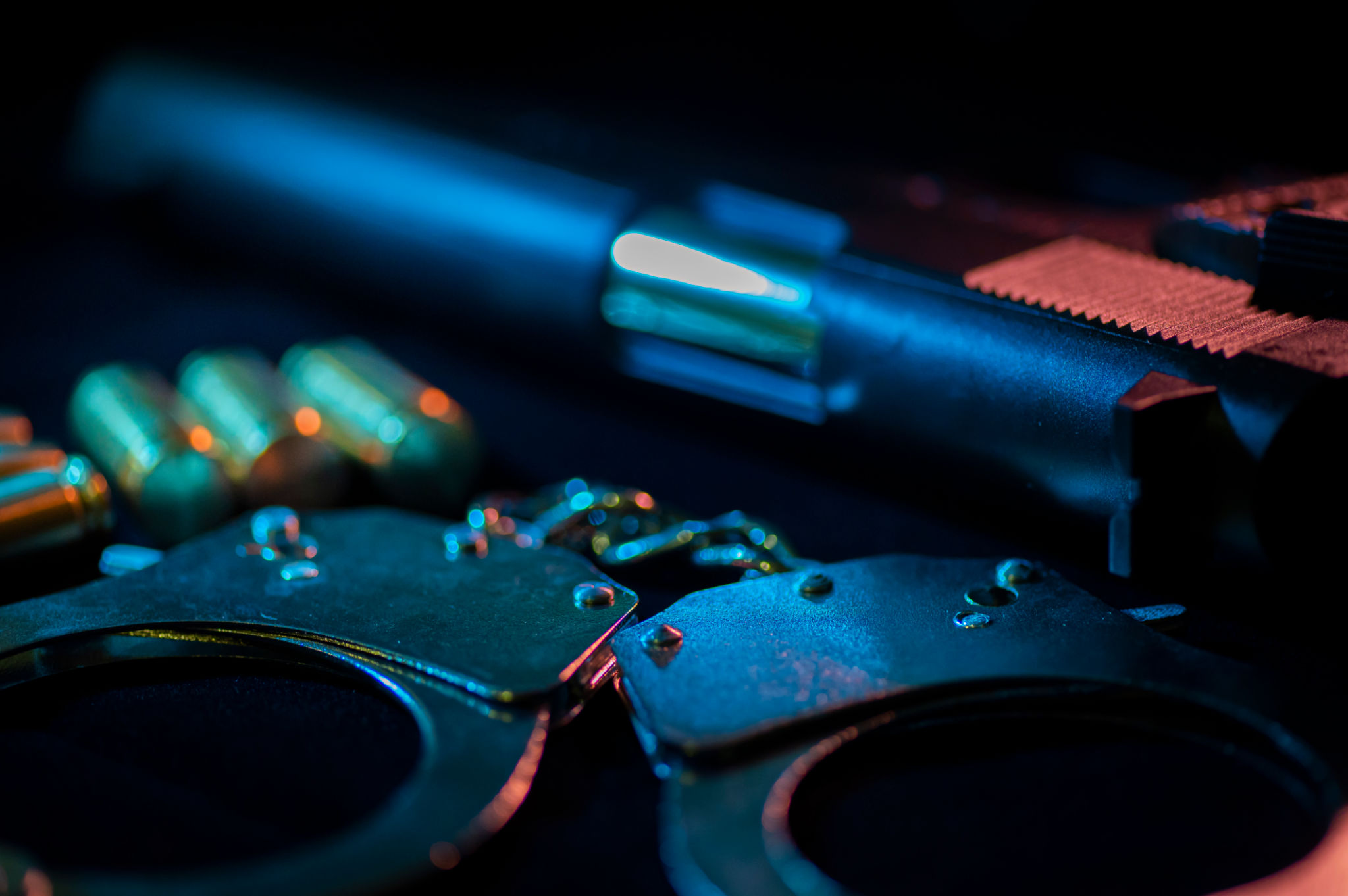The Beginner's Guide to Firearms: Choosing the Right Gun for Your Needs
Understanding Your Purpose
When considering a firearm purchase, it's crucial to first identify your specific needs and purpose. Are you looking for a gun for home defense, hunting, sport shooting, or collecting? Each purpose can influence the type of firearm that would be most suitable for you. For example, a shotgun might be ideal for home defense, while a rifle could be better suited for hunting. Clearly defining your intention helps narrow down your options significantly.

Types of Firearms
Firearms generally fall into three main categories: handguns, rifles, and shotguns. Handguns are compact and easy to carry, making them popular for personal protection. Rifles are known for their long-range accuracy and are typically used in hunting and target shooting. Shotguns, with their spread shot capability, are effective for both home defense and hunting birds or small game.
Considering Caliber
Caliber refers to the diameter of the gun's bore and the size of the ammunition it fires. It's essential to select a caliber that matches your purpose and comfort level. Larger calibers can offer more stopping power but may also result in greater recoil, making them harder to handle for beginners. Conversely, smaller calibers may be easier to manage but might not provide the desired impact. Strike a balance between power and control based on your needs.
Assessing Your Comfort and Skill Level
Your comfort and experience with firearms will greatly influence your choice. Beginners might prefer starting with a small caliber handgun or a .22 rifle due to their manageable recoil and ease of use. It's advisable to visit a shooting range where you can try different types before making a decision. This hands-on experience can be invaluable in understanding what feels right for you.

Budget Considerations
Your budget is another critical factor in choosing the right firearm. Prices can vary widely based on brand, model, and specifications. Establishing a clear budget helps narrow down your options and prevents overspending. Remember to factor in additional costs such as ammunition, safety gear, and accessories like holsters or scopes.
Safety First
Regardless of the type of firearm you choose, safety should always be a priority. Invest in proper training and education to ensure you handle your firearm responsibly. Many ranges offer beginner courses that cover essential safety practices and basic shooting techniques. This knowledge is vital for your safety and those around you.

The Importance of Regular Maintenance
Once you've chosen your firearm, maintaining it is crucial to ensure its longevity and reliability. Regular cleaning and inspection prevent malfunctions and keep your gun in top condition. Familiarize yourself with the specific maintenance requirements of your firearm model, as different guns have varying needs.
Legal Considerations
Before purchasing any firearm, it's important to understand the legal requirements in your area. Regulations regarding ownership, carry permits, and storage vary by region. Ensure you comply with all local laws to avoid legal complications. Consulting with knowledgeable professionals or local law enforcement can provide clarity on these regulations.

Choosing the right firearm is a personal decision that requires careful consideration of various factors. By understanding your needs, assessing your comfort level, setting a budget, prioritizing safety, maintaining your firearm, and adhering to legal requirements, you can make an informed choice that suits your lifestyle and preferences. Remember, responsible gun ownership starts with making educated decisions.